Seminar: The Ocean is Changing – Will We Change Too? Setting the Stage
The first in a series of seminars hosted by the Nereus Program and Green College at UBC, Nereus Program Directors Yoshi Ota and William Cheung will be presenting, along with…
The first in a series of seminars hosted by the Nereus Program and Green College at UBC, Nereus Program Directors Yoshi Ota and William Cheung will be presenting, along with…
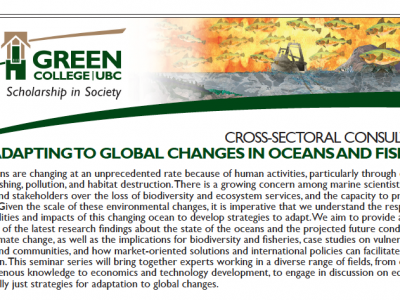
This year, the Nereus Program will hold a seminar series with UBC’s Green College on “Adapting to global changes in oceans and fisheries.” This series will consist of seven lectures looking at how ocean changes are affecting environments and people. The first three Fall seminars are listed below, four more will be announced soon. The seminars are all open to the public free of charge and will be held at UBC, at 6201 Cecil Green Park Road, Vancouver, BC, Canada.
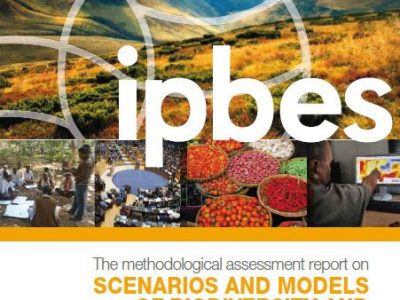
The Intergovernmental Science-Policy Platform on Biodiversity and Ecosystem Services (IPBES) released their Methodological Assessment of Scenarios & Models of Biodiversity & Ecosystem Services, for which Nereus Director of Science William Cheung was a coordinating lead author, as well as a contributing author for Chapter 5 “Modelling consequences of change in biodiversity for nature’s benefits to people” (200-243).
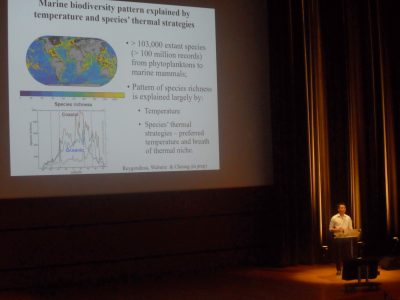
Nereus Director of Science William Cheung was a plenary speaker at the ‘International Conference on Scenarios and Models of Biodiversity and Ecosystem Services in Support of Decision-Making’. He discussed the linking of models and scenarios for marine biodiversity and ecosystems to support policies at regional to global scales. Nereus Fellow at UBC Muhammed Oyinlola presented a poster on his project on developing models and scenarios for the future of global mariculture under global change.
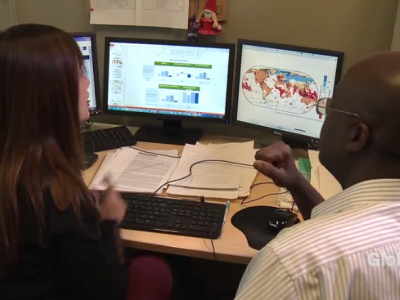
Nereus Program research featured in Global News, CBC Radio Canada, Metro News, and CKNW AM 980.
Nereus Director of Science William Cheung attended the Scoping Meeting for the Intergovernmental Panel on Climate Change (IPCC) Special Report on the impacts of global warming of 1.5°C above pre-industrial levels and related global greenhouse gas emission pathways as an invited expert.
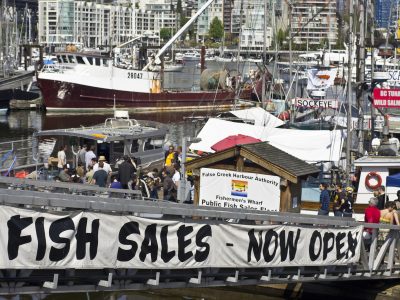
Global fisheries could lose approximately $10 billion of annual revenues by 2050 if climate change continues at current rates, and countries most dependent on fisheries for food and livelihoods will feel more of the effects, finds new Nippon Foundation-Nereus Program research published today in Scientific Reports.
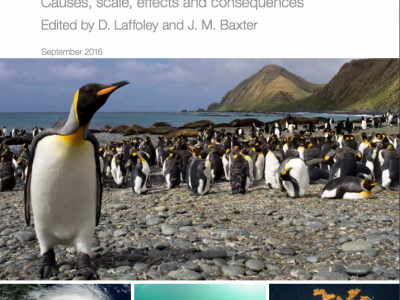
Explaining Ocean Warming is a comprehensive report produced by the International Union for Conservation of Nature (IUCN) looking at the impacts of warming on ocean life, ecosystems, and goods and services. The report is the work of 80 scientists from 12 countries, launched during the IUCN World Conservation Congress, September 1-10 in Hawaii. Nereus Program research was contributed to two chapters within the report.
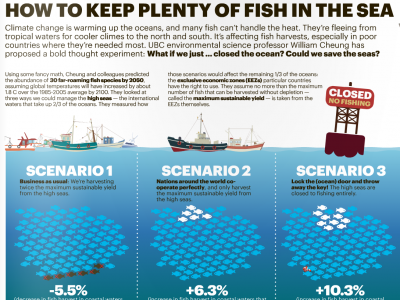
Nereus Program research covered in National Geographic, Reuters, CBC Radio Canada, Metro, LocalXpress, and Sport Fishing.
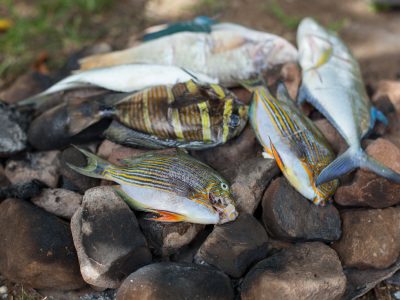
Closing the high seas to fishing could increase fish catches in coastal waters by 10%, compensating for expected losses due to climate change, finds a new Nippon Foundation-Nereus Program study published in Fish and Fisheries.
The high seas are those areas of the ocean outside the jurisdiction of countries; the high seas cover nearly two thirds of the ocean’s surface. These results could be seen by 2050 relative to 2000 and cooperatively managing the high seas fisheries would have similar effects.